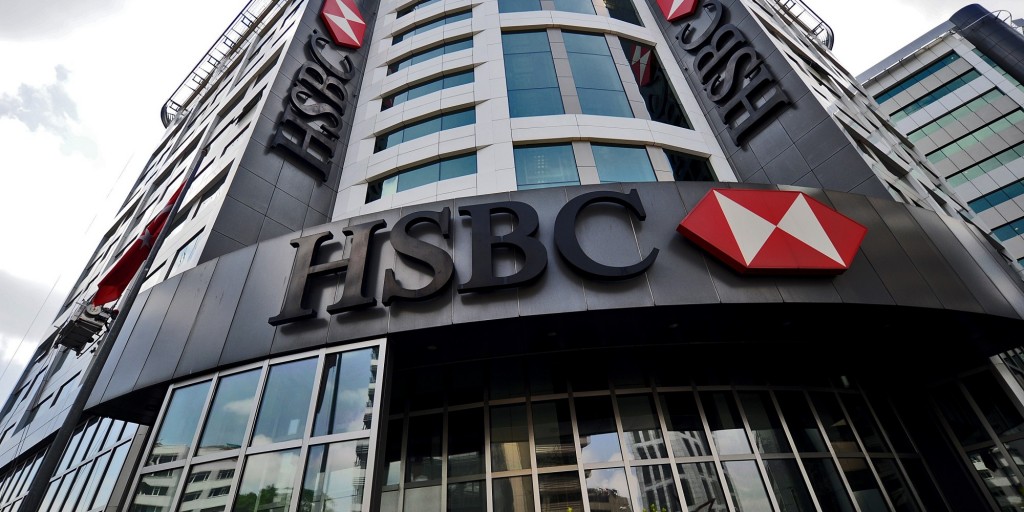
The jury’s still out on whether last year’s oil slump was a deliberate Saudi move, aimed at killing U.S. shale production. Whatever the case, engineering a rebound won’t be as simple, says HSBC Holding Plc’s Senior Economic Adviser Stephen King.
Oil prices have slumped 40 percent since OPEC embarked on a strategy last November to keep pumping and drive out higher-cost competitors. But cutting production is unlikely to trigger a sustainable recovery because China’s economic growth is slowing, King said in an interview in Dubai on Wednesday.
“If you look at the path of oil prices, the surprises to oil prices over the last 15-20 years, they closely correlate to the waxing and waning of the Chinese economy,” King said. “The China slowdown is probably the biggest single influence that is depressing oil and other commodity prices, it’s not just a supply-side story.”
China has become a battleground for oil producers who are seeking to defend sales amid a worldwide glut. As the 12-member OPEC group prepares to meet next week, Venezuela has warned that crude could drop to as low as the mid-$20s a barrel unless action is taken to stabilize the market.
The world’s second-biggest economy is expected to expand 6.5 percent next year, according to the median estimate of economists surveyed by Bloomberg. In 2009, while advanced nations were in the throes of the global financial crisis, the Chinese economy grew more than 9 percent.
History isn’t on OPEC’s side when it comes to engineering a price recovery amid slowing demand. Saudi Arabia, the world’s biggest oil exporter, cut output “in the mid-to-late 1980s and prices didn’t go up,” King said. “This is a more profound story.”